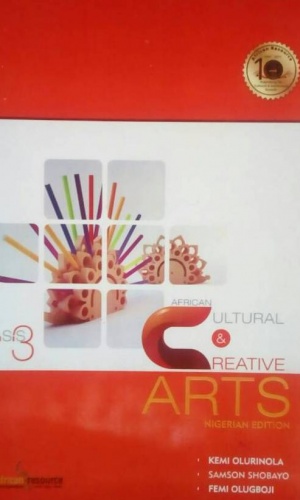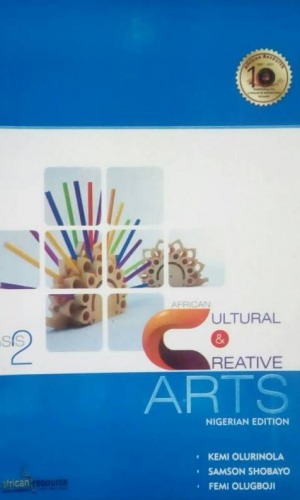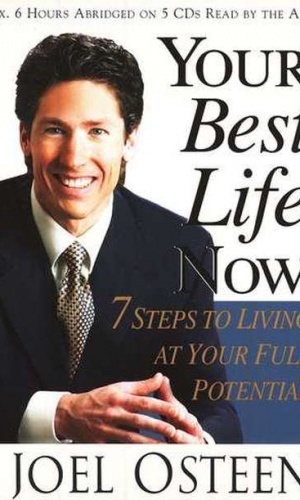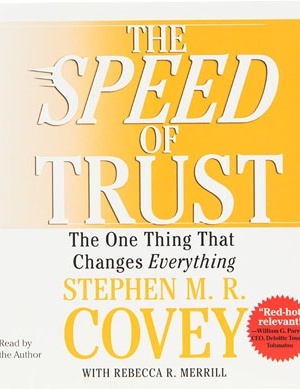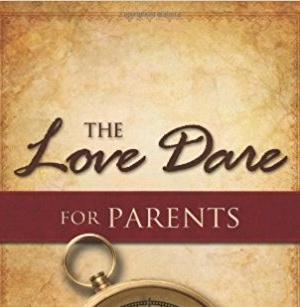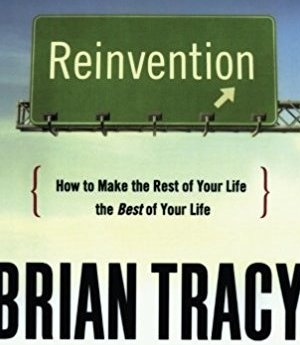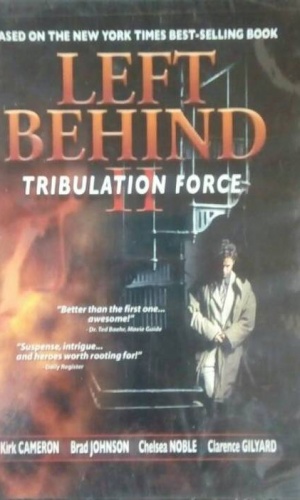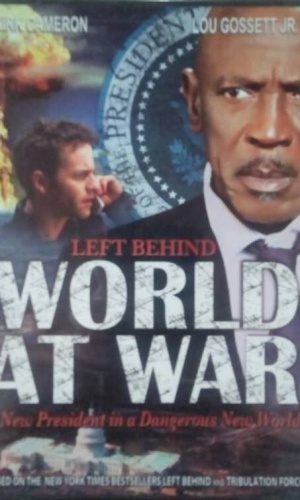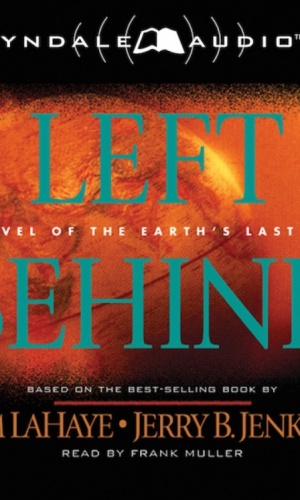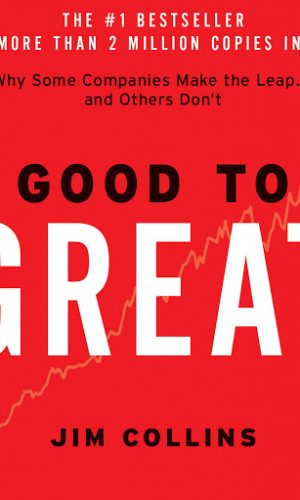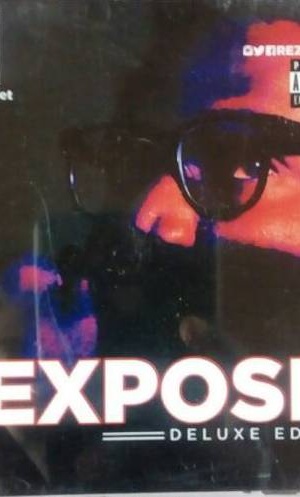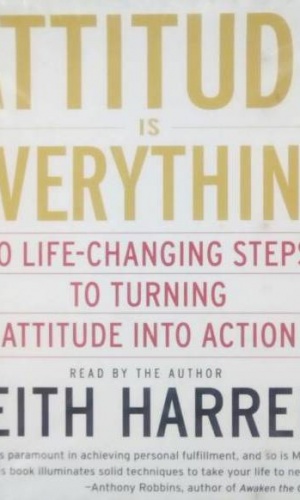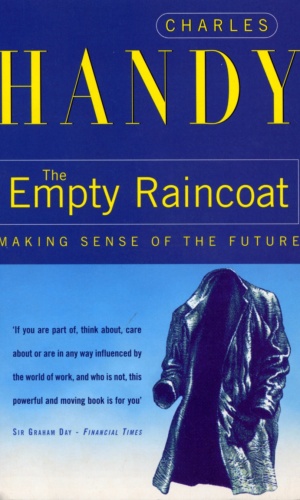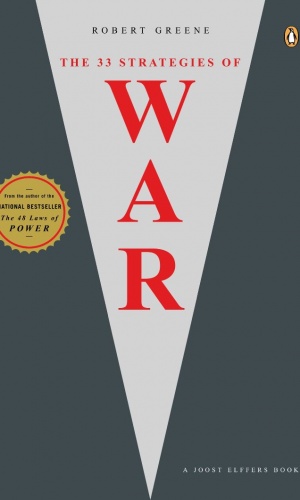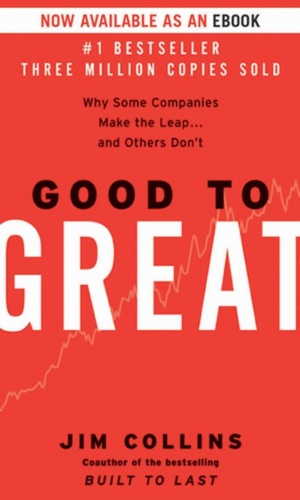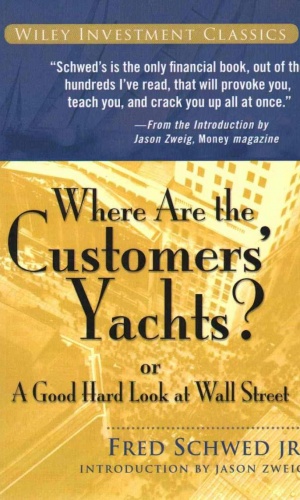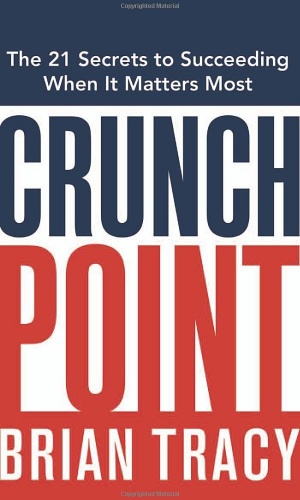-
-
Your Best Life Now (DVD)
Do you often dream of living a more rewarding life? Do you aspire to a better job, a stronger marriage, a happier home?
₦4,030 -
-
The Speed Of Trust (Dvd)
From Stephen R. Covey’s eldest son comes a revolutionary new path towards productivity and satisfaction. Trust, says Stephen M.R. Covey, is the very basis of the new global economy, and he shows how trust?and the speed at which it is established with clients, employees and constituents?is the essential ingredient for any high?performance, successful organization.
₦5,940 -
The Love Dare For Parents (DVD)
While parents long to better influence and express love to their children, they often have no clear plan of action. As a result, daily hopes turn into years of missed opportunities.
₦3,840 -
Reinvention (DVD)
If you knew you couldn’t fail, what is the greatest thing you would dare to dream? Is the job you now have the one you’ve always wanted?
₦4,320 -
-
-
-
Left Behind
An airborne Boeing 747 is headed to London when, without any warning, passengers mysteriously disappear from their seats.
₦2,500₦3,190 -
-
-
The Empty Raincoat
In this extraordinary, life-affirming book, Charles Handy reaches for a philosophy beyond the impersonal mechanics of business organizations, and beyond material choices
₦2,700 -
The 33 Strategies Of War – Hard Cover
Robert Greene?s groundbreaking guides, The 48 Laws of Power, The Art of Seduction, and Mastery, espouse profound, timeless lessons from the events of history to help readers vanquish an enemy, ensnare an unsuspecting victim, or become the greatest in your field. In The 33 Strategies of War, Greene has crafted an important addition to this ruthless and unique series.
₦37,200 -
Free
“Chris Anderson’s Free unpacks a paradox of the online marketplace–people making money charging nothing. What was once just a marketing gimmick has morphed into the basis of a trillion-dollar economy.”
₦2,550 -
Daring Greatly
Researcher and thought leader Dr. Bren? Brown offers a powerful new vision that encourages us to dare greatly: to embrace vulnerability and imperfection, to live wholeheartedly, and to courageously engage in our lives.
₦7,100 -
Good To Great
To find the keys to greatness, Collins’s 21-person research team read and coded 6,000 articles, generated more than 2,000 pages of interview transcripts and created 384 megabytes of computer data in a five-year project. The findings will surprise many readers and, quite frankly, upset others.
₦3,800₦4,350 -
Fred Schweds/Where Are The Customers Yachts (USED)
A professional trader, who had the good sense to get out after losing a bundle of money in the 1930 crash, offers wry and astute observations on Wall Street along with bottom-line wisdom
₦2,800 -
Crunch Point
“In business and in life, things seldom go exactly as planned. You’ve probably figured out how to navigate around the little bumps, but what about full-blown crises, the kind with the potential to derail a company or send your personal life spinning out of control?
₦3,120 -
Perfect Interview
An essential guide for any job hunter, this compendium explains the interview process, provides tips on how to emphasize your personal attributes, and enables the reader to practice with home-based scenarios. Also included are handy checklists covering all aspects of preparation.
₦3,750


